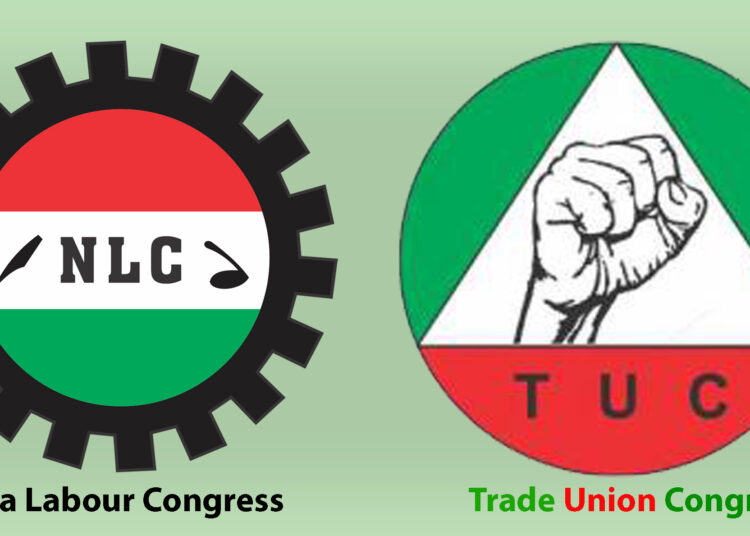Senate President Godswill Akpabio has sparked controversy with his claim that only 30% of Nigerians pay taxes.
He made this statement during a public hearing on the Tax Reform Bills. Akpabio argued that despite low tax compliance, citizens continue to demand improved infrastructure and public services.
His remarks have drawn strong criticism from major labour unions and economic stakeholders.
Labour Unions Dispute Akpabio’s Claims
The Nigeria Labour Congress (NLC), Trade Union Congress (TUC), and the Nigeria Employers’ Consultative Association (NECA) have all rejected Akpabio’s assertion. They blame government inefficiency and lack of transparency for the country’s tax challenges.

Dr. Tommy Okon, Deputy President of TUC, dismissed Akpabio’s statistics, questioning the accuracy of his data. He pointed out that if tax compliance were truly low, the Federal Inland Revenue Service (FIRS) would not consistently exceed its revenue targets.
Okon emphasized that workers do not evade taxes because deductions are made directly from their salaries. Instead, he argued, wealthy individuals exploit loopholes to avoid taxation.
NECA Blames Government for Tax Avoidance
Adewale-Smatt Oyerinde, Director-General of NECA, also weighed in on the issue. He acknowledged that tax compliance in Nigeria is low but placed the blame on the government.
He argued that Nigerians see little benefit from their taxes, making them reluctant to comply. According to him, without proper accountability and transparency, tax reforms will not change public perception.
Tax Reform Bills Under Scrutiny
The Tax Reform Bills, sent by President Bola Tinubu to the Senate and House of Representatives on October 3, 2024, have fueled intense debates on Nigeria’s fiscal policies.
The proposed laws include:
- Nigeria Tax Bill (NTB) 2024
- Nigeria Tax Administration Bill (NTAB) 2024
- Nigeria Revenue Service (Establishment) Bill (NRSEB) 2024
- Joint Revenue Board (Establishment) Bill (JRBEB) 2024
Senator Sani Musa, Chairman of the Senate Committee on Finance, revealed that Tinubu urged lawmakers to create “workable laws” that will boost economic growth and improve fiscal stability.

Economic Stakeholders Support Tax Reforms
Despite opposition from labour unions, some economic bodies have expressed support for the tax reforms.
Organizations backing the bills include:
- Nigerian National Petroleum Company Limited (NNPCL)
- Revenue Mobilisation and Fiscal Allocation Commission (RMFAC)
- National Association of Chambers of Commerce, Industry, Mines and Agriculture (NACCIMA)
- Institute of Chartered Accountants of Nigeria (ICAN)
Mele Kyari, Group CEO of NNPCL, described the reforms as a “game-changer” for the oil and gas industry. He believes the new laws will simplify Nigeria’s tax system.
Similarly, Dr. Mohammed Shehu, Chairman of RMFAC, called for fair revenue distribution among states. He emphasized that tax revenues should benefit the regions that generate them.
Akpabio Defends Tax Reforms
Akpabio has responded to the criticism, addressing social media misinformation about the bills. He urged Nigerians to engage with the legislative process instead of forming opinions based on online debates.
He also pointed out the inequitable tax distribution in Nigeria. Using an example, he explained that if a brewery operates in Ogun State but has its headquarters in Lagos, the tax revenue is collected in Lagos. This, he argued, creates an unfair system where host states receive little benefit.
The Tax Reform Debate Continues
As discussions over tax compliance, revenue distribution, and government accountability continue, Nigeria finds itself at a critical crossroads.
Labour unions, businesses, and lawmakers all seek a tax system that aligns with their interests. Whether these reforms will bring real economic change or remain another contested policy remains to be seen.



